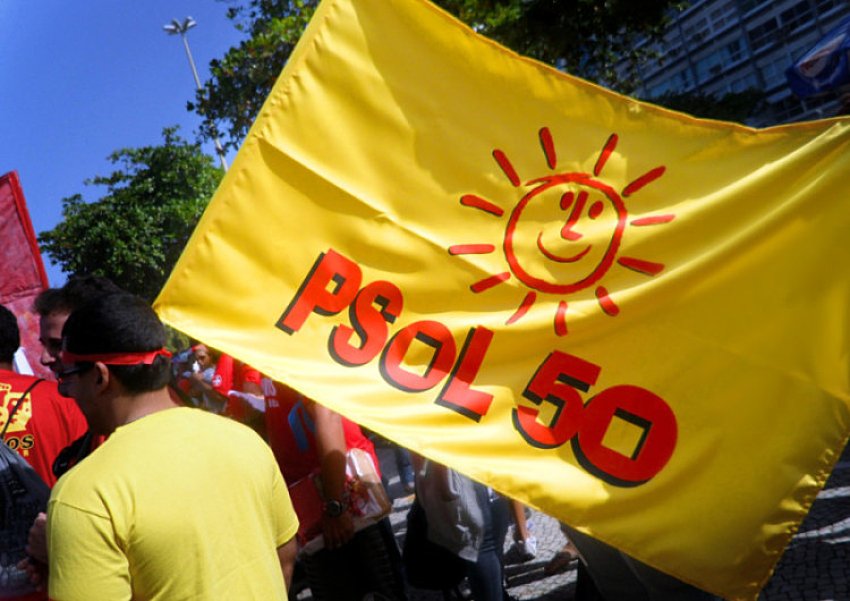
João Pedro de Paula from the Brazilian Socialism and Liberty Party (PSOL) and a leader of the National Union of Students in Brazil and Ben Radford from Green Left gave useful insights into the diverse struggles underway across Latin America.
The forum, “Anti-capitalist wins in Latin America: Is the Pink Tide back?”, hosted by Green Left and Socialist Alliance on September 19, was chaired by Dr Paula Sanchez from the Latin America Social Forum and Socialist Alliance.
Pedro said “pink tide” references tend to obscure the different types of struggle across the continent. “Under the original ‘pink tide’, left-wing governments emerged after decades of military dictatorship,” pointing to the revolutionary governments of Hugo Chavez in Venezuela and Evo Morales in Bolivia.
They came from “revolutionary confrontations with the traditional elites of their countries. These were governments of significant social reform.”
Pedro said the first Workers Party government of Ignazio Lula da Silva in Brazil “represented a social democratic development, which achieved important social gains during the first [pink tide] wave.
“Under severe attack from the establishment, Lula was eventually ousted, and the far right, under Jair Bolsonaro, took power.
“Now we see a second Lula government, which is somewhat different … the second wave represents class reconciliation, with policies restricted to very limited change.”
Pedro said the challenge remains how to create a political movement “capable of leading to a resolution of the crisis in the interests of the people.
“The current social, economic, political and environmental crisis can only be resolved by building a broad, revolutionary movement to fundamentally change the system.”
Radford, a Peruvian-Australian who hooked up from Cuba, described the struggle in Columbia after the election of left-progressive president Gustavo Petro.
Petro, a former guerrilla and later mayor of Bogota, was elected after an upsurge of popular struggle. “Big rallies were held in support of his program of health, welfare, Indigenous and environmental reform measures.”
However, his government is now being confronted by the far-right establishment, including the military, which is “pursuing a relentless campaign” to remove him.
Radford said there are similar dynamics in Peru, where a campaign of “obstruction and destabilisation” against former teacher and peasant union leader Pedro Castillo started as soon as he was elected president.
“Peru has a history as a pillar of neo-liberalism in Latin America,” Radford said. “Castillo’s program to extend public services and poor people’s rights was blocked at every turn.” He was eventually overthrown by a “judicial coup” and arrested.
A mass upsurge followed, demanding Castillo’s release, and the resignation of the right-wing Dina Boluarte coup regime.
“The long arm of US imperialism is in every coup in Latin America,” Radford said. “US troops are again based in Peru.” He said the country’s future depends on the strength of the popular mobilisation in support of democracy.
Radford briefly referred to the crisis in Chile, where the left-of-centre Gabriel Boric government is facing a “well-funded right-wing disinformation campaign”. This comes as a new, democratic constitution was voted down and the army has been sent to quell the Mapuche land rights struggle.
Radford said, overall, the new centre-left governments have strengthened ties with Cuba and Venezuela, both of which face damaging United States’ sanctions.
“The future of these governments will depend on the strength of the mass movements of peasants, workers, women and the Indigenous communities which push them further in a progressive direction.”
The rising threat of a new far right, including the danger of a return of pro-Bolsonaro forces in Brazil, the situation in Venezuela and Chile and the challenge of the environmental crisis in the Amazon and elsewhere in the Americas, were also discussed.